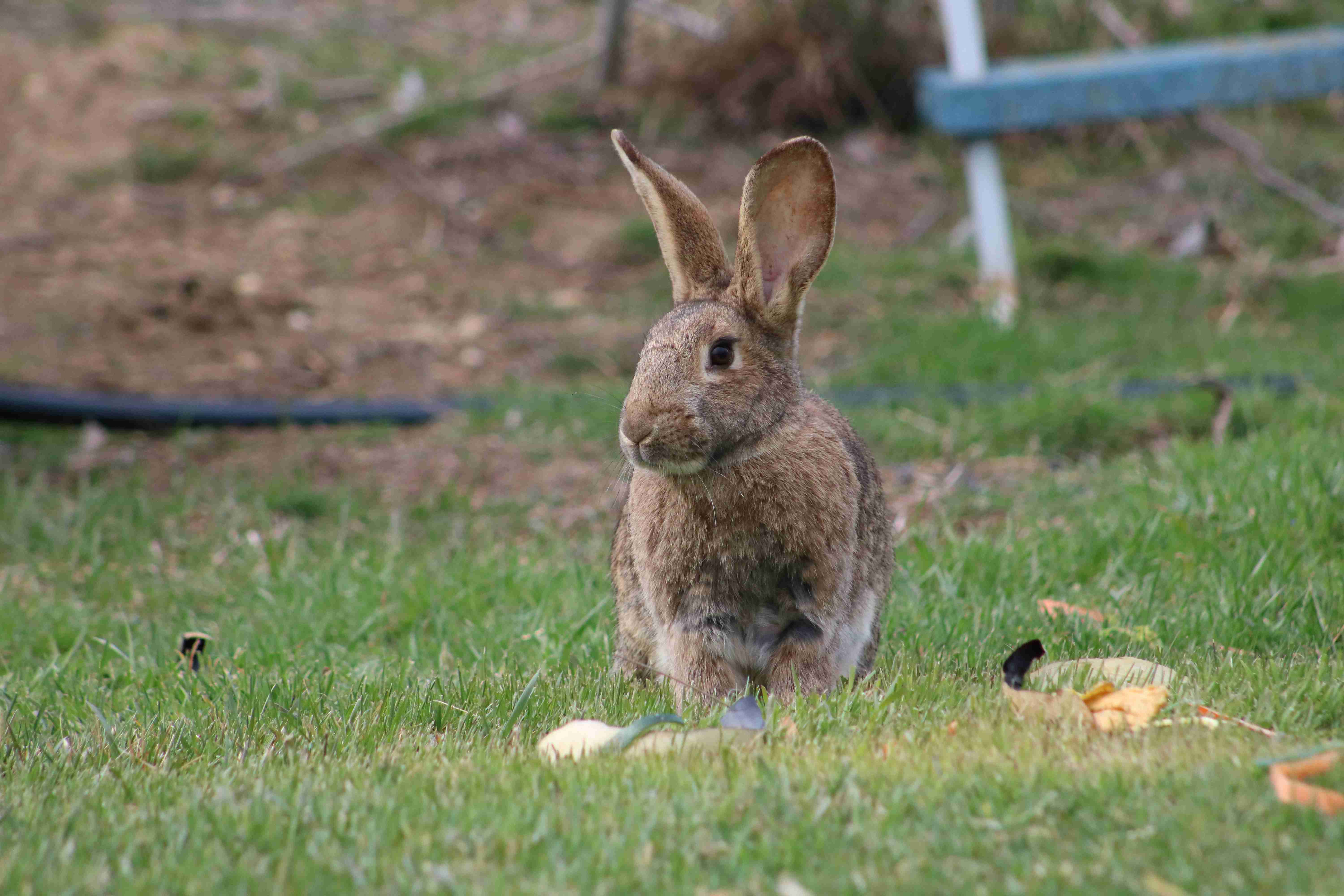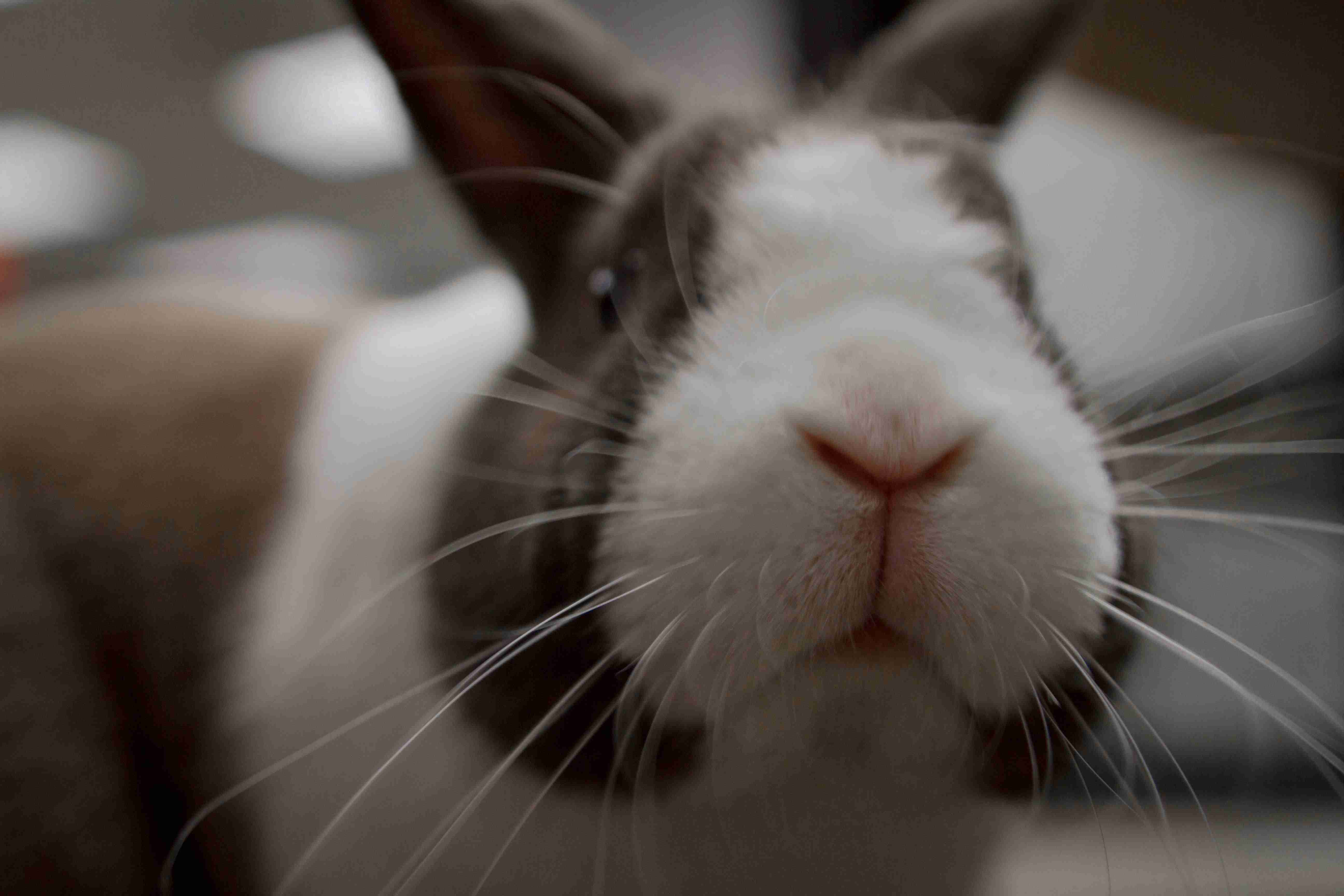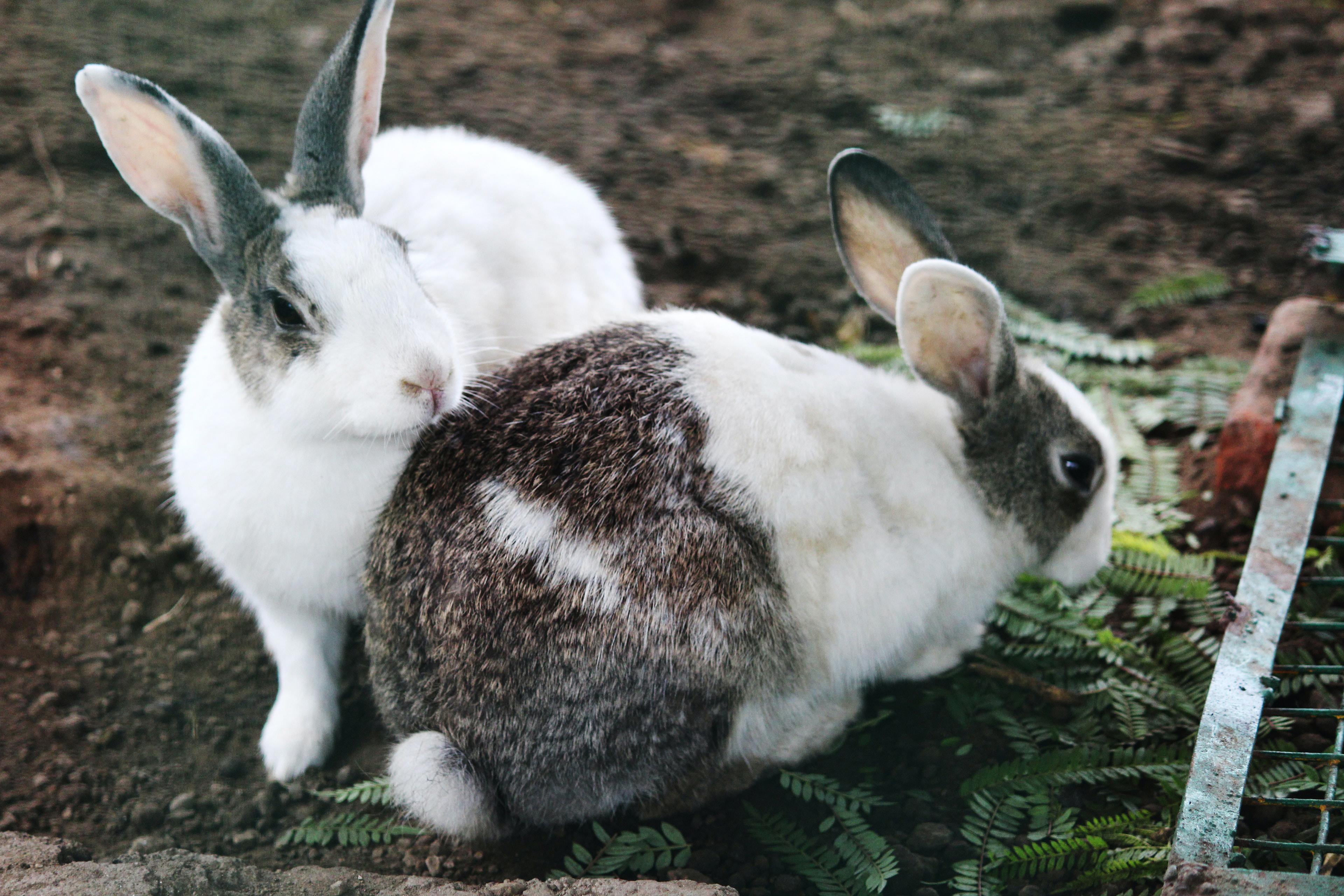If you’re a rabbit owner, you know how important it is to keep your furry friend happy and healthy. Unfortunately, just like humans, rabbits can experience stress, which can lead to serious health issues if left untreated. As pet parents, it’s our responsibility to recognize the signs of stress in our rabbits and take action to reduce it. In this blog post, we’ll discuss some of the most common indicators of rabbit stress, as well as effective ways to ease their anxiety and keep them happy and healthy. So, whether you’re a new rabbit owner or a seasoned pro, keep reading to learn how to keep your furry friend stress-free!
Rabbits are one of the most popular pets, but they can be quite sensitive animals. They have delicate digestive systems, and their emotional states can be easily affected by changes in their environment. Stress can cause serious health problems in rabbits, including gastrointestinal issues and even death. As a responsible pet owner, it is important to know the signs of stress in rabbits and how to reduce it.
Here are the top indicators of rabbit stress:
1. Lack of appetite: A rabbit that is stressed may refuse to eat or drink. This can lead to serious health issues such as dehydration and gastrointestinal stasis.
2. Aggression: Rabbits that are stressed may become aggressive towards their owners or other animals. This is because they feel threatened and are trying to protect themselves.
3. Hiding: If a rabbit is stressed, they may hide in their cage or in a corner of the room. This is a sign that they are feeling anxious and want to be left alone.
4. Excessive grooming: If a rabbit is stressed, they may groom themselves excessively. This can cause hair loss and even skin infections.
5. Litter box issues: If a rabbit is stressed, they may stop using their litter box. This is because they are feeling anxious and may not want to be in one place for too long.

Now that you know the signs of stress in rabbits, here are some effective ways to ease it:
1. Provide a safe and secure environment: Rabbits need a safe and secure environment to feel comfortable and relaxed. Make sure their cage is large enough for them to move around freely, and provide plenty of hiding spots.
2. A healthy diet: A healthy diet is essential for a rabbit’s well-being. Provide them with plenty of hay, fresh vegetables, and a small amount of pellets.
3. Regular exercise: Rabbits need regular exercise to stay healthy and for mental stimulation. Allow them to run around in a safe area, or take them for a walk on a harness.
4. Bonding: Spending time with your rabbit can help reduce their stress. Gently stroke them, talk to them, and give them a treat.
5. Reduce stressors: Identify any stressors in your rabbit’s environment and try to reduce them. This can include loud noises, other animals, and changes in routine.
Overall, rabbits are sensitive animals that can easily become stressed. Knowing the signs of stress and how to reduce it is essential for a happy and healthy rabbit. By providing a safe and secure environment, a healthy diet, regular exercise, bonding and reducing stressors, you can help your rabbit live a stress-free life.
In conclusion, it’s important to keep an eye out for any signs of stress in your rabbit, as it can have serious consequences on their health and well-being. By taking the necessary steps to reduce their stress levels, you can ensure that your furry friend lives a happy and healthy life. Remember to provide them with proper nutrition, a clean and comfortable living environment, and plenty of love and attention. With these tips in mind, you can become a responsible and caring rabbit owner and provide your furry friend with the best life possible.


.jpg)

.jpg)
.jpg)
.jpg)
